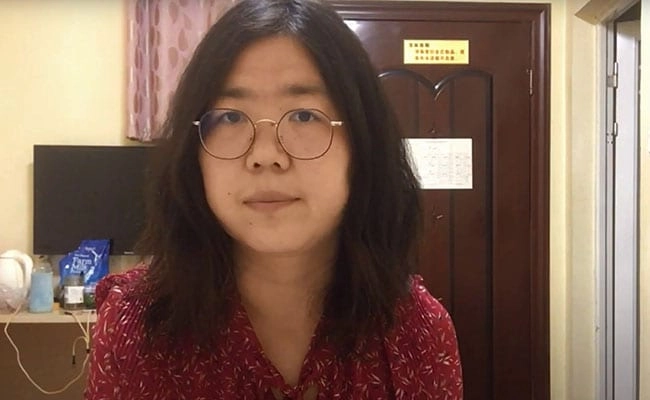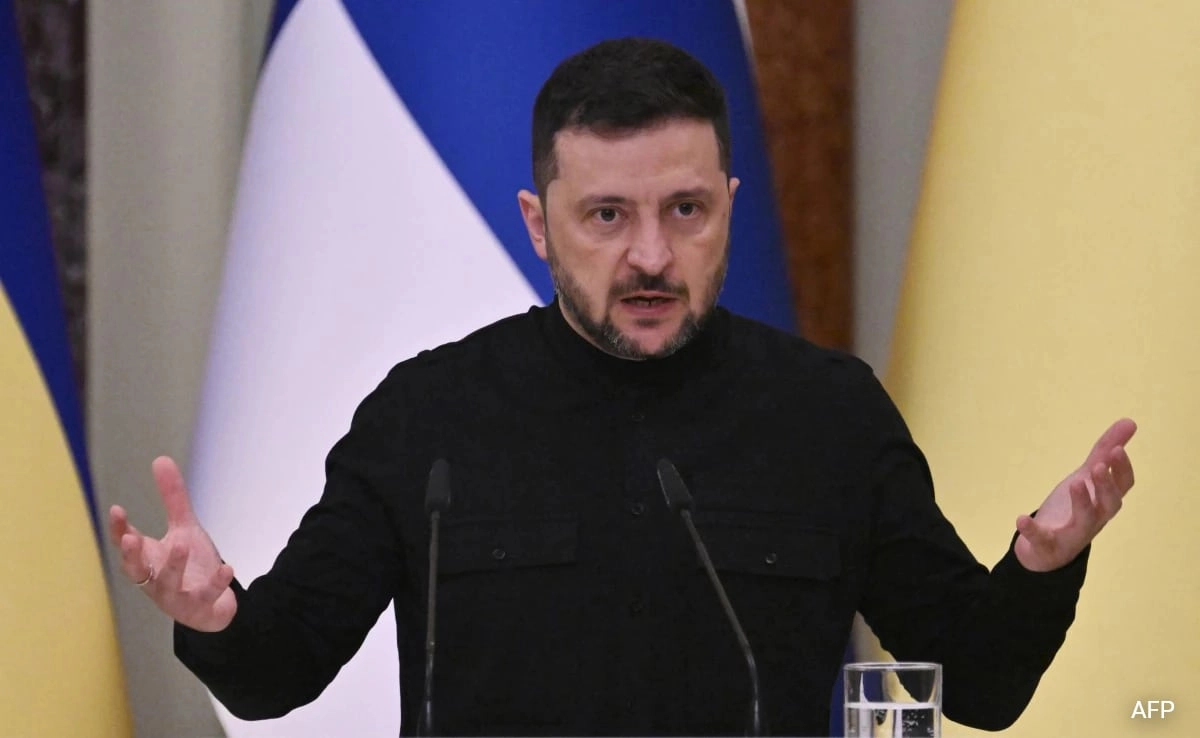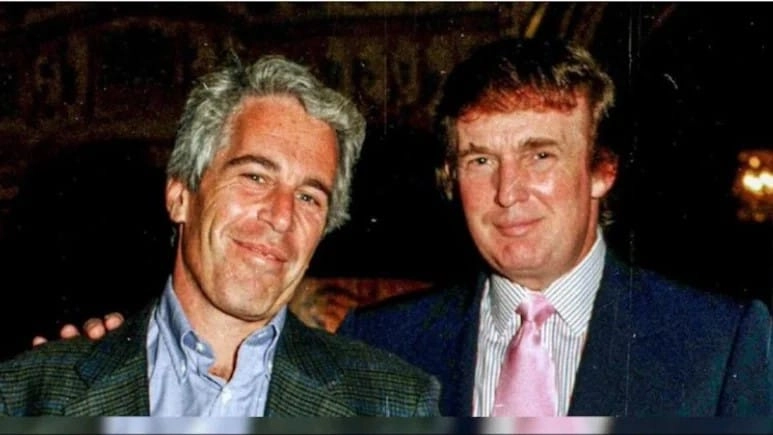In a recent development that has drawn significant attention, a Chinese whistleblower who exposed critical information regarding the country’s handling of the COVID-19 pandemic has been sentenced to an additional four years in prison. This case highlights the ongoing tensions between the Chinese government and those who dare to speak out against its policies, especially in relation to the pandemic’s early days. The whistleblower, who initially came to public attention for raising alarms about the virus’s outbreak in Wuhan, has faced severe consequences for his actions, which the government views as a challenge to its authority.
The extended imprisonment of this whistleblower serves as a stark reminder of the risks involved in dissenting against the Chinese state. For many, this situation underscores a broader pattern of repression against individuals who attempt to shed light on governmental shortcomings or malpractices. In a country where the state heavily controls information and restricts freedom of speech, those who attempt to bring transparency to issues of public health and safety often find themselves in perilous situations. This case is not isolated, as numerous other activists, journalists, and citizens have faced similar fates for speaking out.
Moreover, the implications of this case extend beyond the individual, affecting the broader society’s willingness to engage in open discourse about critical issues. The chilling effect of such punitive measures discourages not only whistleblowers but also ordinary citizens from voicing their concerns or reporting on matters that could be deemed sensitive or damaging to the government’s image. As the world continues to grapple with the repercussions of the COVID-19 pandemic, the importance of transparency and accountability in public health becomes even more apparent. The treatment of whistleblowers like this individual raises questions about the balance between state control and the need for open dialogue, particularly in times of crisis.
As international observers and human rights advocates continue to monitor the situation, there is hope that increased awareness and pressure may lead to changes in how the Chinese government addresses issues of free speech and whistleblower protection. The case serves as a critical touchpoint for discussions about human rights in China and the role of individuals who choose to stand up against powerful institutions. Ultimately, the fate of this whistleblower reflects the ongoing struggle for transparency and justice in a landscape that often prioritizes state security over individual freedoms.




